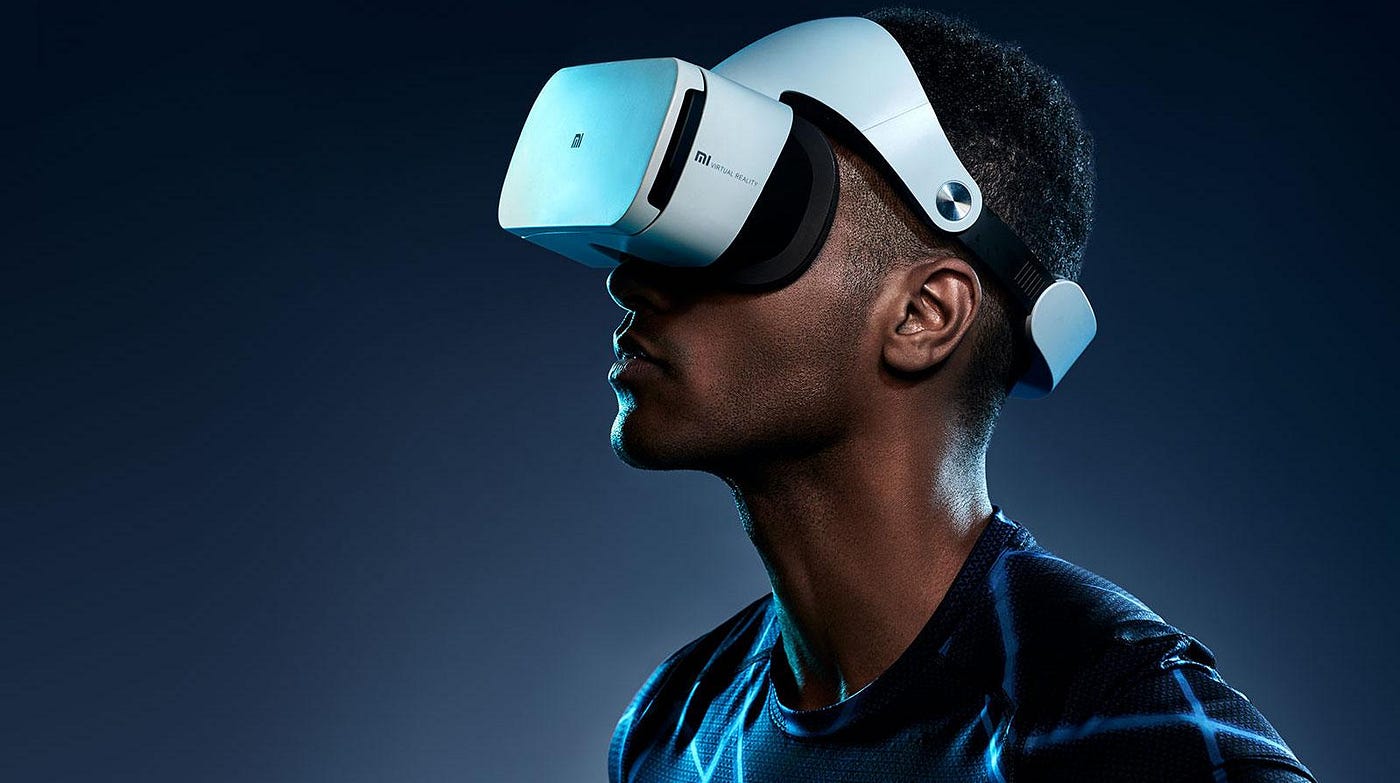Pulse of Information
Your source for the latest insights and updates.
Reality Check: Are We Living in a Virtual Fantasy?
Explore the thin line between reality and virtual fantasy—are we living in an illusion? Discover the surprising truth now!
Exploring the Thin Line: How Virtual Reality Shapes Our Perception of Reality
In the digital age, virtual reality (VR) has emerged as a fascinating medium that challenges our understanding of what is real. By immersing users in simulated environments, VR technology blurs the lines between reality and illusion. This phenomenon raises important questions about how our brains interpret sensory information. As we interact with vibrant, lifelike simulations, our perceptions might begin to shift, leading us to question whether experiences in a virtual world hold the same significance as those in our physical one. The ramifications of this new frontier extend beyond entertainment; they may affect our emotional and cognitive development, impacting our social interactions and our grasp of reality itself.
Moreover, the implications of VR reach into various fields such as education, therapy, and even art, reinforcing the idea that technology can redefine our perceptions. For instance, in an educational setting, students can engage in immersive lessons that allow them to explore historical events or complex scientific concepts in a way that traditional methods cannot match. Therapeutic applications of VR have also shown promise, helping patients confront phobias or post-traumatic stress disorder in a controlled environment. However, as we embrace this technology, it is crucial to remain vigilant about its potential effects on our psyche. We must navigate this exciting but precarious landscape, ensuring that we maintain a healthy balance between our virtual experiences and real-world interactions.

The Rise of Virtual Worlds: Are We Disconnecting from Reality?
The rise of virtual worlds has transformed the way we interact, socialize, and even conduct business. With platforms like VRChat and Second Life, users can immerse themselves in digital environments, creating avatars and communities that blur the lines between the physical and digital realms. This phenomenon raises important questions about our relationship with reality. Are we becoming so engrossed in these virtual experiences that we risk disconnecting from our actual surroundings? The phenomenon isn't just a fleeting trend; it reflects a profound shift in human behavior and interaction.
As we navigate this intricate landscape, it's crucial to consider the implications of prolonged engagement in virtual worlds. While they offer unparalleled opportunities for creativity and connection, there's a growing concern about the effects on mental health and real-world relationships. Studies suggest that excessive immersion in these environments can lead to feelings of isolation and anxiety. Thus, the challenge lies in finding a balance. How can we enjoy the benefits of virtual worlds without sacrificing our connection to reality? Only time will reveal the full impact of this digital evolution on society.
Reality vs. Virtual Fantasy: What Do Scientists and Philosophers Say?
The exploration of reality versus virtual fantasy has captivated the minds of scientists and philosophers alike. Scientists delve into the implications of virtual environments on human cognition and behavior, highlighting how immersive technologies can alter our perception of reality. For instance, studies reveal that prolonged exposure to virtual fantasy can lead to changes in brain activity, challenging our understanding of what constitutes real experiences. Furthermore, researchers are investigating the psychological impacts of virtual reality on personal identity, questioning whether these simulated experiences can enhance or diminish our connection to the physical world.
Philosophers, on the other hand, tackle the existential aspects of this dichotomy. They ponder questions such as: Is our understanding of reality merely a construct influenced by our experiences? or Can a virtual world possess its own form of reality? Notable thinkers like Plato, with his Allegory of the Cave, have long contemplated the nature of perception and illusion. In the modern context, the debate intensifies as society grapples with the ethical implications of virtual fantasy—from the potential for escapism and addiction to the manipulation of reality through curated online personas. Ultimately, the dialogues between science and philosophy unveil a complex landscape where reality and virtual fantasy intersect, each influencing our understanding of the other.